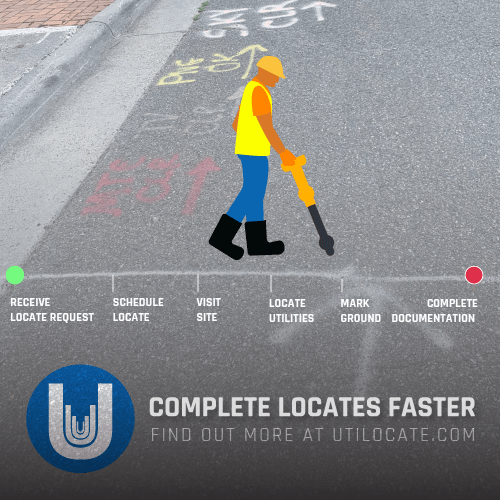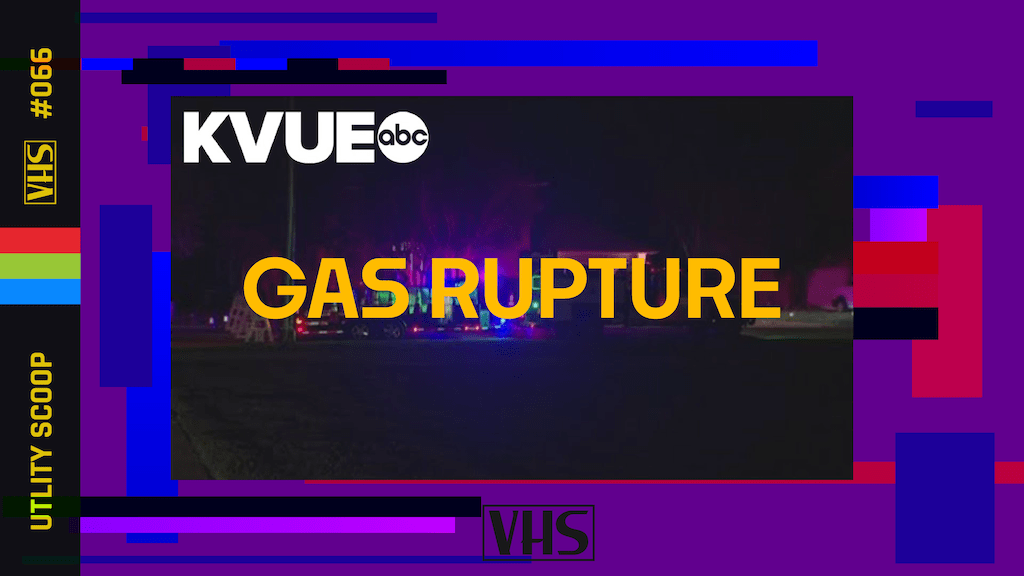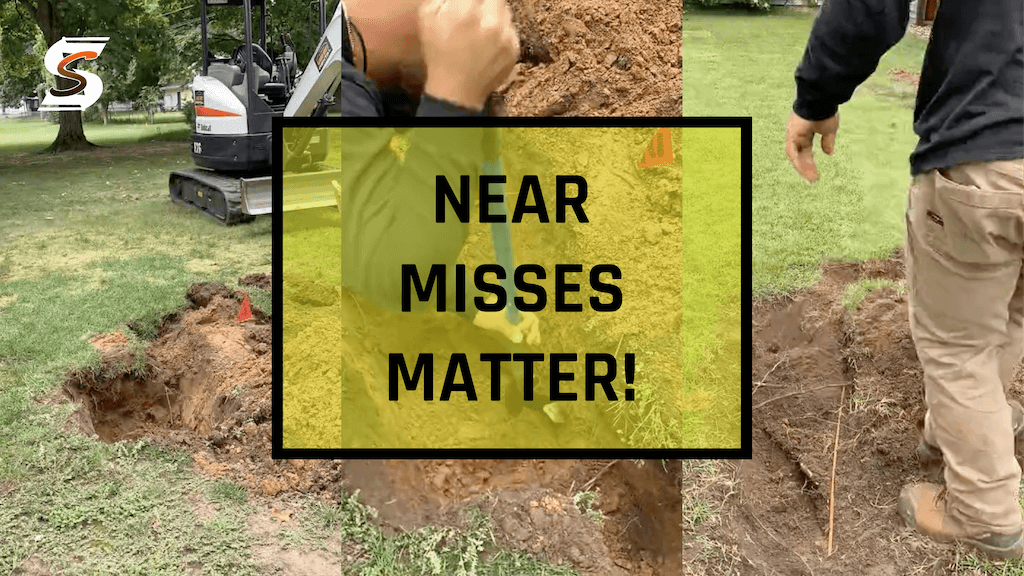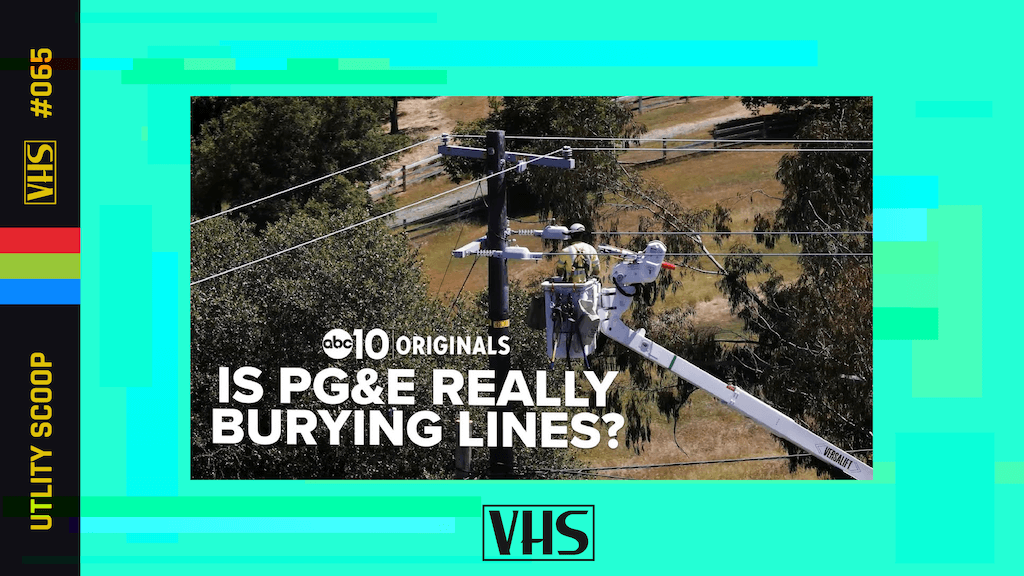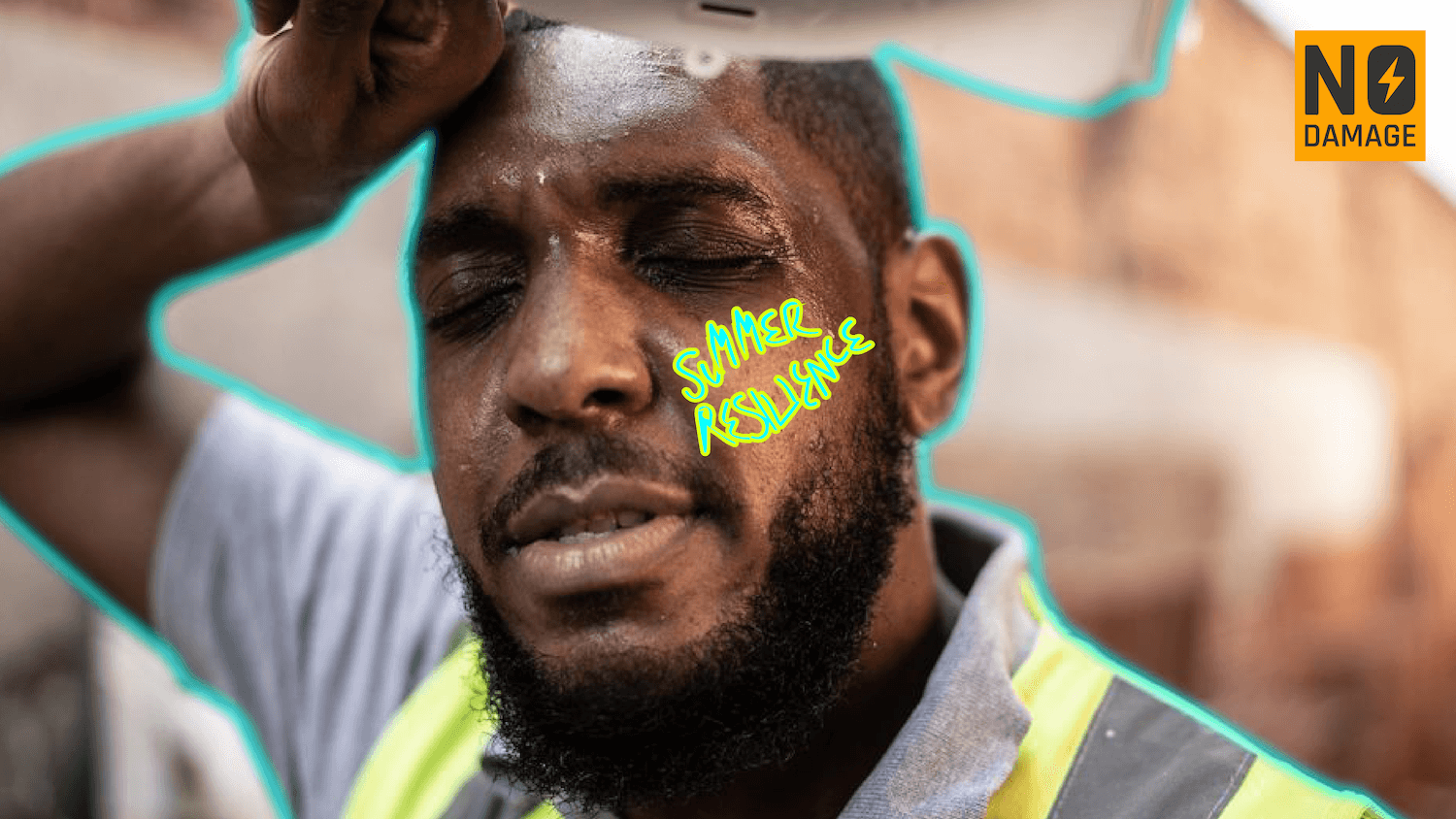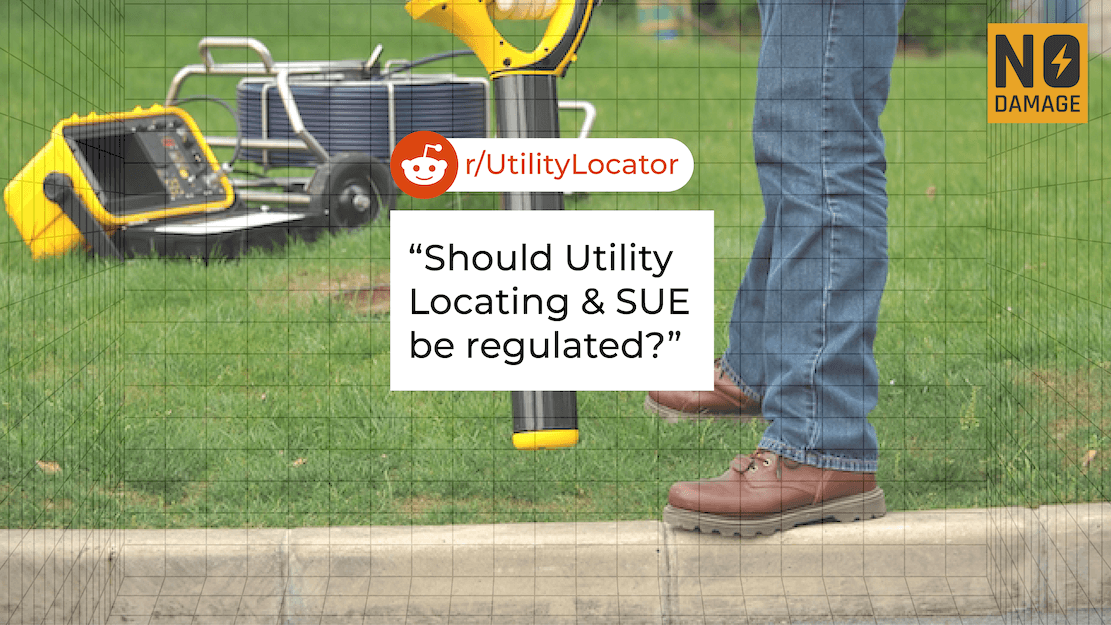
I was skimming through r/utilitylocator the other night and came across a post which asked “Should Utility Locating & SUE be regulated?” and I thought it would be interesting to open up the discussion here. For context, the original poster of the question strongly believes that private utility locating should be regulated to some extent, similar to how other professions like engineering or geology are regulated. So I’ll lay out a few arguments for and against and hopefully we’ll have a good discussion below. For this discussion I’m going to limit it to locating - SUE is a whole different animal!
Reasons to regulate utility locating:
-
Standardization: Regulation would ensure a standardized approach to utility locating, including training requirements, equipment standards, and reporting procedures. This would enhance consistency and accuracy in utility location data, reducing the risk of damages during excavation projects.
-
Professionalism: Regulating the industry would establish utility locating as a professional service, similar to engineering or geology. This would raise the overall professionalism of utility locators, leading to better quality of work, increased accountability, and improved trust among stakeholders.
-
Safety: Properly regulated utility locating practices would prioritize safety, both for workers conducting the locating and for individuals involved in excavation activities. Accurate utility location data reduces the chances of accidental strikes, which can lead to costly damages, service interruptions, and even safety hazards. Or as user brainiacpimp said, "It goes from “hey I have a great idea that will benefit the public” to “how can we exploit this to our advantage”."
Reasons not to regulate utility locating:
-
Cost: Implementing regulations and compliance measures could increase the cost of utility locating services. This might result in higher expenses for construction projects and could potentially deter smaller businesses or startups from entering the industry. According to user Timely_Resist_7644, “Enforcement is expensive and difficult. First you need a standard, then you need to standardize the standard so you’re not getting companies screwing with “what considered late? We don’t count service damages, etc.”
Next, there's the issue of enforcement, which necessitates consistent reporting and dedicated personnel. This also involves setting a realistic timeframe, possibly three years ahead, to allow contracts to be adjusted to comply with the new standards. Additionally, the financial aspect of such regulations cannot be overlooked. Considerations include who will cover the costs of hiring engineers or geophysicists to oversee teams of 15 people, as well as the potential difference in compensation compared to current supervisors.
-
Innovation: Over-regulation could stifle innovation in utility locating technologies and techniques. A balance must be struck between standardizing practices for safety and allowing room for advancements and improvements in the field.
-
Flexibility: Some argue that a more flexible, market-driven approach allows for greater adaptability to varying project requirements and site conditions. Too much regulation might limit the ability of utility locators to tailor their methods to specific challenges or unique situations.
CONCLUSION
In conclusion, while there are compelling reasons to regulate utility locating, such as standardization, enhanced professionalism, and improved safety, we should also consider potential drawbacks like increased costs, potential stifling of innovation, and limitations on flexibility. I believe that a balanced approach is crucial. Some states and industries already practice some form of regulation - “In my state, we have to be certified every 3 years to locate gas.”
One step that could be taken before full-fledged regulation is to embrace certification programs for utility locators, similar to what Mike Parilac has been advocating. Certification can establish a baseline of knowledge and skills, ensuring that locators are adequately trained and competent to perform their duties.
This would address some of the concerns regarding professionalism and safety without imposing the full weight of regulatory burdens immediately. It allows for a gradual transition towards more structured regulation while still promoting professionalism and safety in the utility locating industry. But don't just take my word for it u/DryScallion924 says “I do think customer & contractor need to be regulated to where there's balance for both locator & contractors.”
I’m not in the habit of crowdsourcing my opinion but I do like to hear from different perspectives so let me know what you think?
Share this Post
